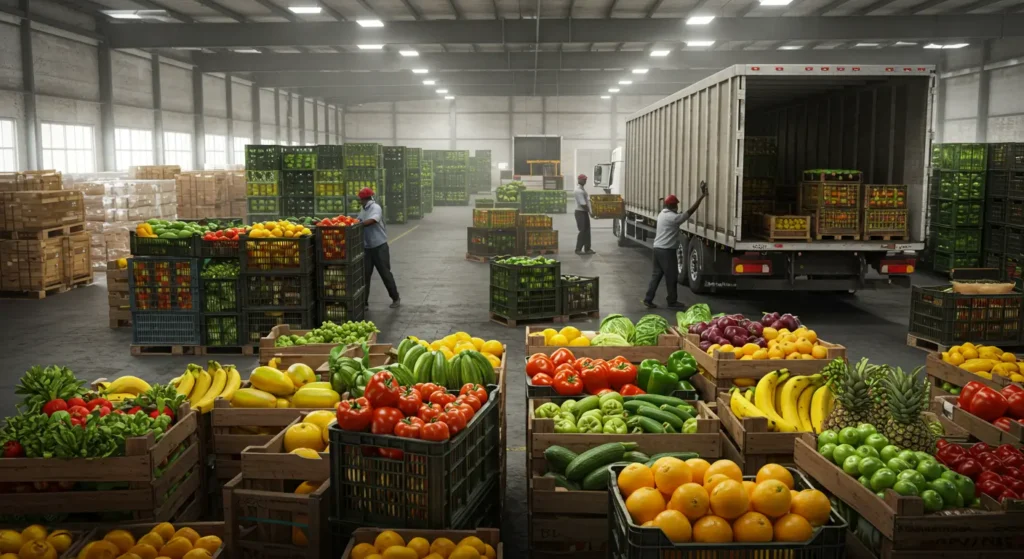Kenya’s horticulture sector is booming, with farmers growing high-demand crops like avocados, tomatoes, and passion fruits. Both local and export markets are hungry for fresh, quality produce. Climate-smart practices like drip irrigation and improved seed varieties help farmers maintain consistent yields. Experts say the sector could transform smallholder farms into profitable agribusinesses.
Smallholder farmers drive most of Kenya’s horticulture production. They are joining cooperatives to access buyers and export opportunities they cannot reach alone. Value addition methods like sorting, cold storage, and packaging are becoming common. Mobile apps now help farmers track market prices and connect to buyers. This boosts income and reduces post-harvest losses.

Export opportunities are expanding, especially for avocados and passion fruits. Farmers must meet strict hygiene, packaging, and traceability standards to qualify. Government training and incentives help smallholders comply with these rules. Improved transport and cold chains ensure produce reaches buyers fresh. Kenya’s horticulture exports are becoming a key source of foreign exchange.
Value addition is increasing revenue for farmers and agribusinesses. Processing fruits into juices, jams, or dried snacks extends shelf life and boosts profits. Cooperatives invest in small-scale facilities to support farmers. Packaging innovations also help Kenyan products stand out globally. This approach creates rural jobs and strengthens local economies.
Climate change challenges farmers with unpredictable rains, droughts, and pests. Mulching, intercropping, and shade nets help protect crops. Efficient irrigation allows production even during dry spells. Organic fertilizers and pest management maintain high-quality produce. Combining traditional and modern techniques builds resilience.
Digital tools are changing horticulture in Kenya. Apps provide weather forecasts, market prices, and buyer connections. Some track crop health and offer online training. Technology reduces dependence on middlemen and opens markets. Farmers see better income, efficiency, and reduced losses.

Youth are increasingly joining horticulture as it becomes profitable and tech-driven. Startups connect farmers to markets and logistics solutions. Young entrepreneurs modernize the sector and inspire innovation. Government and NGO support provides training, financing, and mentorship. Youth participation injects energy and ideas into agribusiness.
Women are also taking a leading role in horticulture. Cooperatives and small businesses led by women contribute significantly to production and marketing. Access to credit, training, and digital tools helps scale operations. Women adopt climate-smart practices to ensure sustainability and productivity. Their role strengthens rural economies and promotes gender equity.
Experts believe innovation, technology, and supportive policies will push horticulture to global prominence. Infrastructure, cold chains, and processing facilities are key to growth. Market access, compliance, and training ensure long-term success. Rising global demand positions Kenya’s horticulture sector for unprecedented growth. Farmers, investors, and agribusiness entrepreneurs all stand to benefit.





